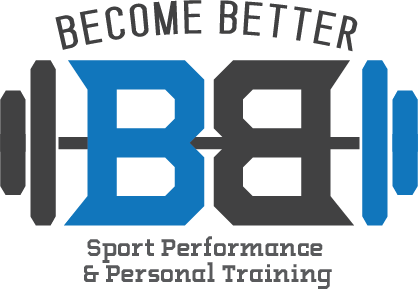Healthy Snacking
This will be the last article in our healthier eating series. Make sure you check out the other ones for info on how to eat a healthy breakfast, lunch, and dinner, and how to make healthy choices while eating out. This week we will discuss some considerations for healthy snacks! Snacking can be a great way to combat hunger throughout the day when done in moderation.
It is common to feel hungry between meals, especially while you are dieting. Snacking can help you to feel less hungry, but it must be done in moderation if you want don’t want to halt your weight loss progress. The main thing to consider when snacking is whether or not the snack will cause you to overshoot your daily calorie goal. If eating a snack will cause you to go over your calorie goal by more than a few calories, then you should probably refrain. If you want to snack, make sure that you’re not overeating at breakfast, lunch, or dinner so that you’ve got some calories left to play with throughout the day.
Considerations
Try to avoid overly processed or sugary snacks, as those tend to be very calorie dense and they’re easy to overeat. Examples of some snacks you may want to minimize your consumption of include ritz crackers, cheez-its, chex mix, goldfish, potato chips, buttery popcorn, candy, fruit snacks, cookies, and other highly processed related items. These foods may taste great and they are very easy to eat a lot of, which is not great if you’re trying to stick to a calorie goal. They also offer little to no nutritional value while containing lots of calories per serving. While they are not inherently bad for you, these types of foods are certainly not your best options for healthy snacking. But if you can fit them into your daily calorie goal then by all means go ahead!
Instead of snacks similar to the ones listed above try sticking to single ingredient snacks when you can, and make sure your processed snacks are at least high in protein and/or fiber. Examples of single ingredient snacks include nuts, dried or fresh fruits, vegetables, unbuttered popcorn, chickpeas, and hard boiled eggs. Examples of processed snacks that are high in protein or fiber include jerky, yogurt, cottage cheese, turkey roll-ups, canned tuna or salmon, protein shakes, and protein & fiber bars such as Quest bars. These foods are much more nutrient dense than the ones in the previous paragraph, and they contain fewer calories, more protein, and more fiber which means they will keep you feeling full for longer and also cause you to burn more calories during digestion.
Closing Thoughts:
Snacks are not mandatory in a diet, but they can certainly be a useful tool for combating hunger throughout the day when eaten in moderation. Try to stick to single ingredient snacks such as fruits and nuts, or make sure your processed snacks are high in protein and/or fiber so that you’re less likely to overeat. Eat calorie dense snacks such as crackers and chips in moderation, as they aren’t providing you with many nutrients. Whatever snacks you choose, make sure they fit into your daily calories and align with your goals!

